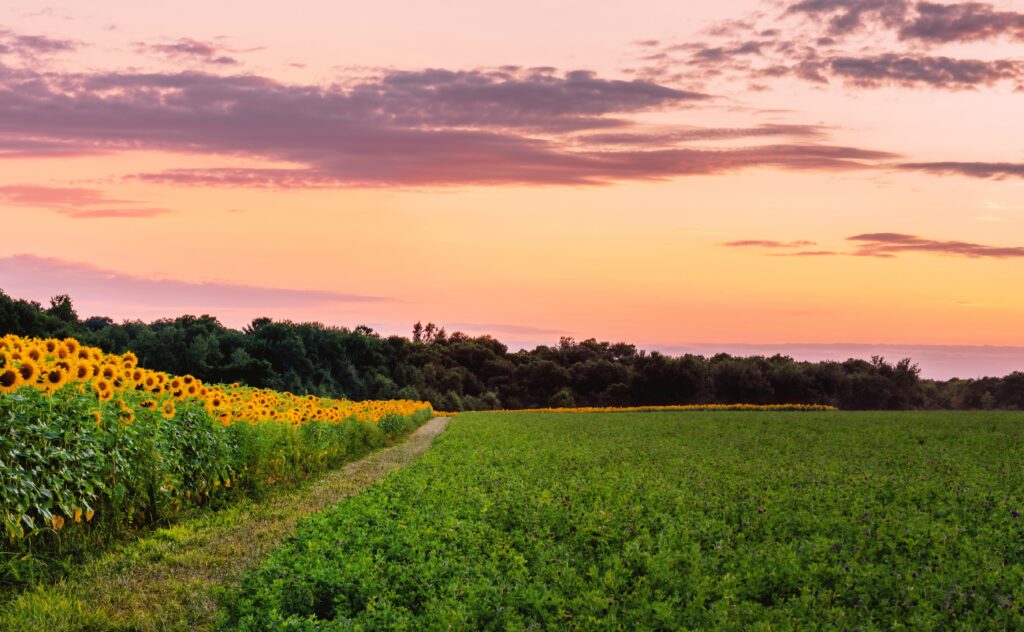
PRINCESS ANNE, MD- (May 20, 2024) — Farmers and owners of forested land on the Eastern Shore are increasingly witnessing effects attributed to climate change. Across the country, climate-related disasters contributed to $146 billion per year over the past three years, according to a NOAA’s National Centers for Environmental Information report as of May 8.
A free workshop May 28 at the University of Maryland Eastern Shore will take a look at research-based practices that can help mitigate these challenges. Among them are minimizing soil tillage, cover cropping, alley cropping (planting crops between rows of trees), silvopasture (integrating trees, forage and livestock grazing) and reducing commercial fertilizer usage through planting legumes with non-legume crops.
“Climate-smart practices help enhance the resilience of agrifood systems, build healthy soil, conserve natural resources, reduce greenhouse emissions and increase carbon sequestration,” said Lila Karki, an assistant professor of agricultural economics and UMES Extension specialist.
Karki is the project director on a three-year, $600,000 capacity building grant recently funded by the U.S. Department of Agriculture National Institute of Food and Agriculture to enhance climate-smart agricultural practices for the sustainability of small-scale and minority-owned farms.
Pre-registration is required by visiting www.umes.edu/extension/events. The half-day workshop, from 8 a.m.-noon, is free and includes breakfast and lunch.
Gail Stephens, agricultural communications and media associate, University of Maryland Eastern Shore, School of Agricultural and Natural Sciences, UMES Extension, 410-621-3850, gcstephens@umes.edu.

